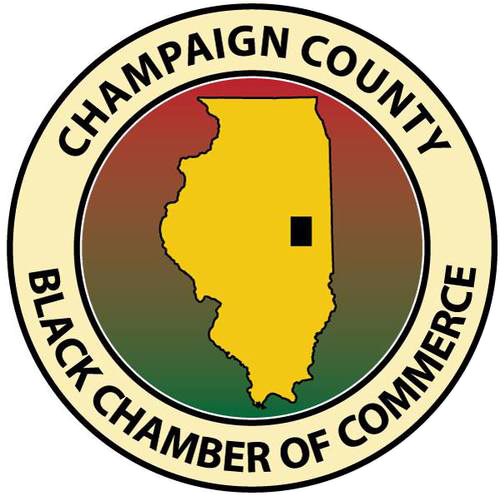Business Accounts
When it comes to business bank accounts, there is not a one-size-fits-all solution. Learning about the different types of accounts, banking requirements and how they work will better inform your decision.
Checking Accounts
Business checking accounts work the same as personal checking accounts. It is imperative, however, to maintain separate accounts for business finances. This way, owners have more protection and are able to accept checks and credit card payments, add employees as authorized account users and open a business line of credit or apply for a loan.
Savings Accounts
Business savings accounts can help grow your assets with a set interest rate, but accessing funds isn’t as simple as a checking account. Also keep in mind, business savings accounts often come with set guidelines regarding withdrawal and deposit frequency.
Certificates of Deposit
Certificate of deposit (CD) accounts can earn you a higher interest rate than a traditional savings account. This option is best for individuals focused on the long-term financial goals of the business, because with this type of account, you agree to set aside money for a specified term, but may be penalized for early withdrawal.
Money Market Accounts
If you are trying to decide between traditional savings and a certificate of deposit, money market accounts may be a good fit for your business. They may offer a higher interest rate than a traditional savings account and allow users a certain number of transactions per month, including by check. This option is best suited for businesses that maintain a high savings balance, because the higher the balance, the higher the rate of return.


